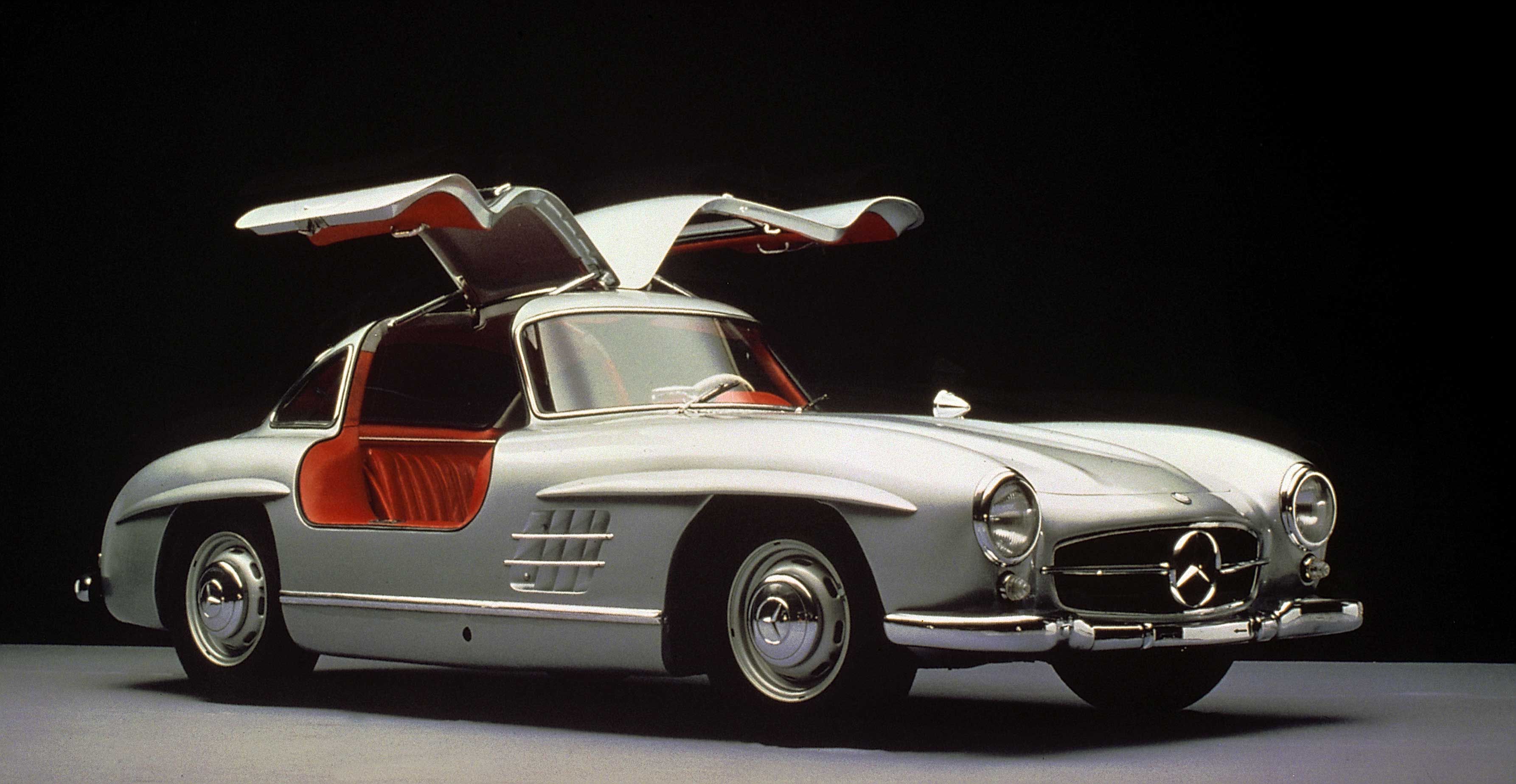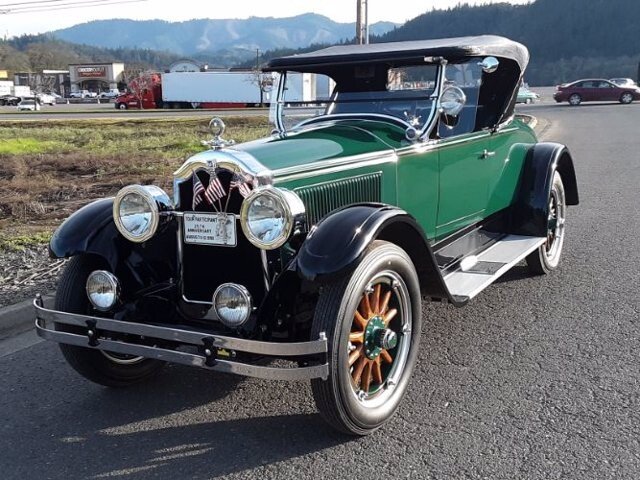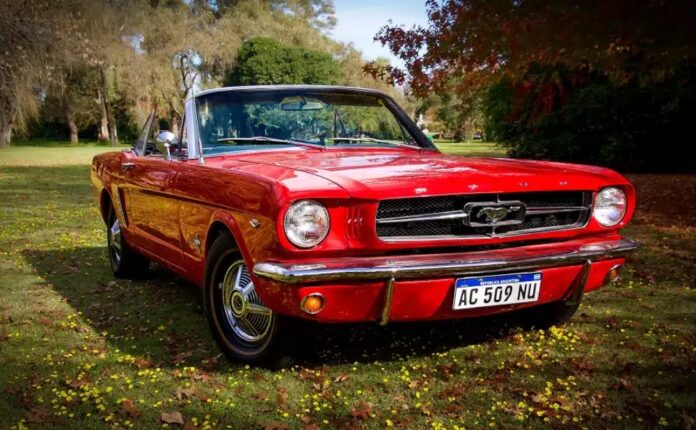Classic cars can be equally appealing for their aesthetic past, engineering brilliance, and promising investment value. However, buying such a classic vehicle demands careful thought. This guide simplifies the process— from understanding what qualifies a car as ‘classic’, gauging maintenance requirements to analyzing market trends.
What Makes a Car ‘Classic’?
The term ‘classic car’ can often be ambiguous. Still, these are typically vehicles that, despite their age, have managed to maintain charm and appeal. The scarcity, design, or performance capabilities have led some 1980s and 1990s cars to gain classic status. Precious cars—like the BMW E30 M3 or the Lancia Delta Integrale—have attained this position due to their distinct lineage though they are relatively newer compared to a classic from the 1960s like Jaguar E-Type. The definition of a ‘classic’ isn’t absolute as it’s influenced by factors like rarity and cultural impact.

Reasons to Buy a Classic Car
People purchase classic cars driven by passion or investment considerations. Connoisseurs relish the idea of hands-on engagement, spending time fine-tuning the engine or refurbishing the car. Alternatively, it could be about financial gain in terms of value increment in the long run.
Owning a classic car brings satisfaction but it’s also likely to pose financial challenges. Routine maintenance is critical even for vehicles that are parked most of the time. Prior to buying, one must consider whether they’re ready for recurring costs like regular services and storage bills.
Understanding the Classic Car Market
The market for classic cars varies but well-preserved rare vehicles always have takers. Despite market stability compared to previous years, specific models continue to appreciate in value. Luxury classics like Ferraris or Aston Martins are often excellent investments, although their prices might be beyond the reach of average customers.

Things You Should Note
- Upkeep Costs: Old cars demand notable care. From scheduled upkeep to replacing hard-to-find parts. Having a repair fund is crucial when using experts. Costs can tally up fast.
- Storage: Antique autos decay quicker outdoors. Without a garage, renting a storage space becomes necessary, adding to total costs.
- Heritage: An old car’s past is key. A car with proven service records and genuine parts is more valuable and dependable. Always ask for upkeep records when buying and check the genuineness of modifications.
- Availability of Parts: Even small fixes might be stopped by lack of parts. It can be tough to find parts for certain vintage autos, especially those from lesser-known makers. Research part availability before buying.
Procuring an Antique Auto
Dealerships, private sellers, or auctions all sell antique cars. Dealers boast better security but charge more. Auctions allow for cheaper buys, but acquiring “as is” subjects you to risk. Get a pre-purchase check from an antique auto specialist to evade pricey mishaps.
Purchasing vintage vehicles can be immensely fulfilling, but balancing the attractive allure with tangible realities is necessary. Whether for leisurely weekend drives or viewing your car as an asset, knowing the market, repair costs, and the vehicle’s past helps ensure a wise acquisition.
Stay tuned to Brandsynario for latest news and updates.



































